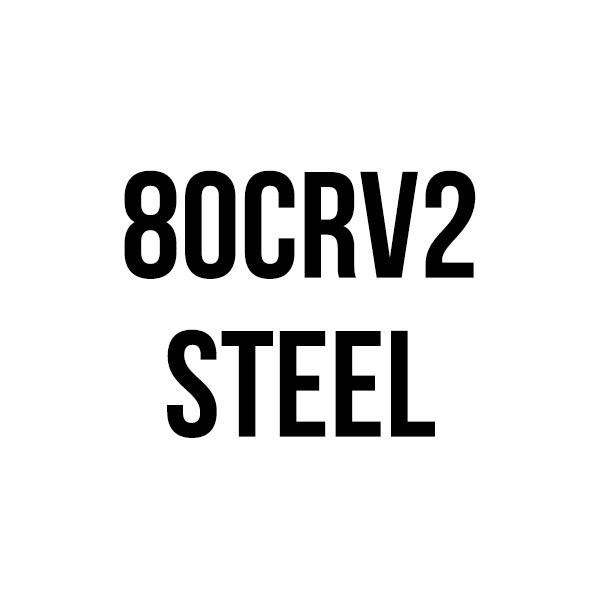80CRV2 Bar Stock Steel .250" Thickness - See Length Note

80CRV2
LENGTH NOTE:
We buy this in 36" lengths and sell it in 12", 24", 36" lengths.
If you buy 1ea, you will get a stick 12" long by the width and thickness shown.
If you buy 2, you will get a bar that is 24" in length.
If you buy 3, you will get a bar that is 36" in length.
**If you buy 2 or 3 and want it cut into 12" length pieces, please specify in the comments section that you would like them cut into 12" pieces.
**Advertised price is for 1qty 12" piece
Information about 80CRV2 steel
- High carbon steel
- Heat treating 80CRV2 is similar to 5160 steel
- Good steel to use for forging and grinding
Typical Chemistry: Carbon 0.807 Silicon 0.32 Manganese 0.54 Phosphorus 0.010 Sulfur 0.003 Chromium 0.503 Vanadium 0.153
CRA (Cold Rolled Annealed) steel has a bright smooth finish and is easy to machine, drill and grind.
HR means hot rolled and this steel was rolled to thickness usually during the smelting process but maybe later. The steel generally will be half or nearly fully hard depending on the type. It may often have mill scale residue. This steel can be easily forged. It can also be ground via stock removal. Drilling a hole in the tang maybe hard to do with out a carbide bit.
